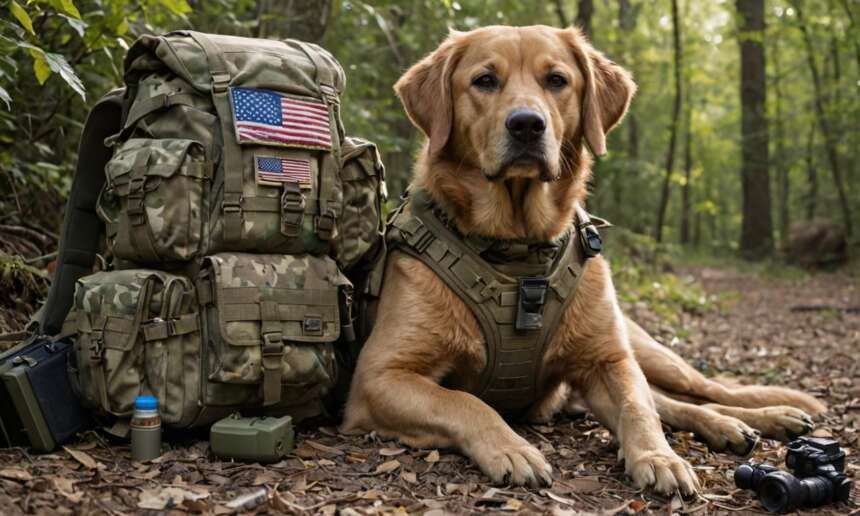An army reservist is a vital component of a nation’s military force, providing support and augmenting the active-duty military in various capacities. These individuals are civilians who undergo military training and serve part-time, typically alongside their civilian careers or studies. Let’s delve deeper into the significance and responsibilities of army reservists.
Roles and Responsibilities
Army reservists fulfill a range of roles depending on their training, skills, and the needs of the military. These responsibilities may include:
- Participating in training exercises to maintain readiness
- Providing support during times of national emergencies or disasters
- Deploying alongside active-duty forces in combat zones
- Assisting in logistical operations, including transportation and supply management
- Performing administrative duties to ensure efficient functioning of units
Training and Qualifications
Before becoming army reservists, individuals undergo rigorous training to develop the necessary skills and knowledge. This training may include basic combat training, specialized job training, and ongoing professional development exercises. Reservists are expected to maintain a certain level of physical fitness and proficiency in their assigned roles.
Benefits of Being an Army Reservist
Army reservists enjoy several benefits and opportunities, including:
- Flexible scheduling, allowing them to balance military service with civilian commitments
- Access to education benefits, such as tuition assistance and the GI Bill
- Opportunities for career advancement and leadership development
- Healthcare coverage and retirement benefits
- Networking opportunities and camaraderie with fellow service members
Contributions to National Security
Army reservists play a crucial role in bolstering national security by providing a surge capability during times of need. Their readiness and expertise enhance the overall effectiveness of the military and enable a swift response to emerging threats or crises. Additionally, reservists bring diverse skills and perspectives from their civilian occupations, enriching the military’s capabilities.
Army reservists are indispensable assets to any nation’s defense infrastructure. Their dedication, training, and willingness to serve ensure the readiness and effectiveness of the military in safeguarding national interests. As integral members of the armed forces, reservists embody the spirit of patriotism and commitment to duty.
Deployment Considerations
When army reservists deploy alongside active-duty forces, there are several considerations that come into play:
- Integration into existing units and chains of command
- Adaptation to the operational environment and conditions
- Maintaining communication with families and civilian employers
- Managing potential mental health challenges during and after deployment
Integration into Existing Units
One of the critical aspects of successful deployment is the seamless integration of reservists into active-duty units. This involves establishing clear lines of communication, understanding roles and responsibilities, and fostering camaraderie among all members of the team.
Adaptation to the Operational Environment
Reservists must quickly adapt to the operational environment, which may differ significantly from their civilian lives. This adaptation includes adjusting to living conditions, adhering to military protocols, and being prepared for the physical and mental demands of deployment.
Frequently Asked Questions
Here are some common questions about army reservists:
| Question | Answer |
|---|---|
| Can reservists choose their deployment locations? | Reservists may express preferences, but deployment locations are ultimately determined by military needs and operational requirements. |
| How long are typical deployments for army reservists? | Deployment lengths vary depending on the nature of the mission, but they can range from a few weeks to several months. |
| Do reservists receive compensation during deployment? | Yes, reservists receive pay and benefits during deployment, including allowances for housing and meals. |




